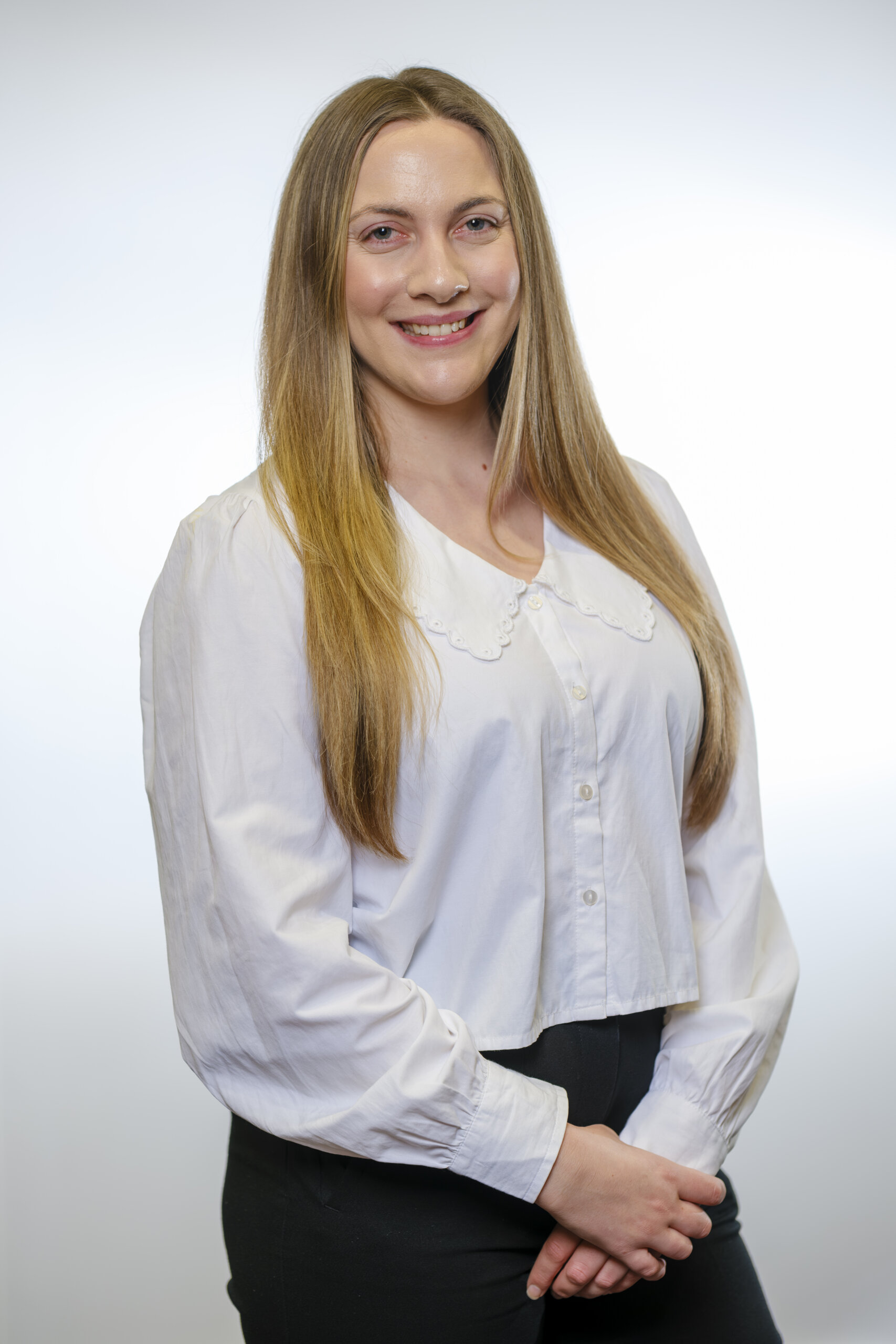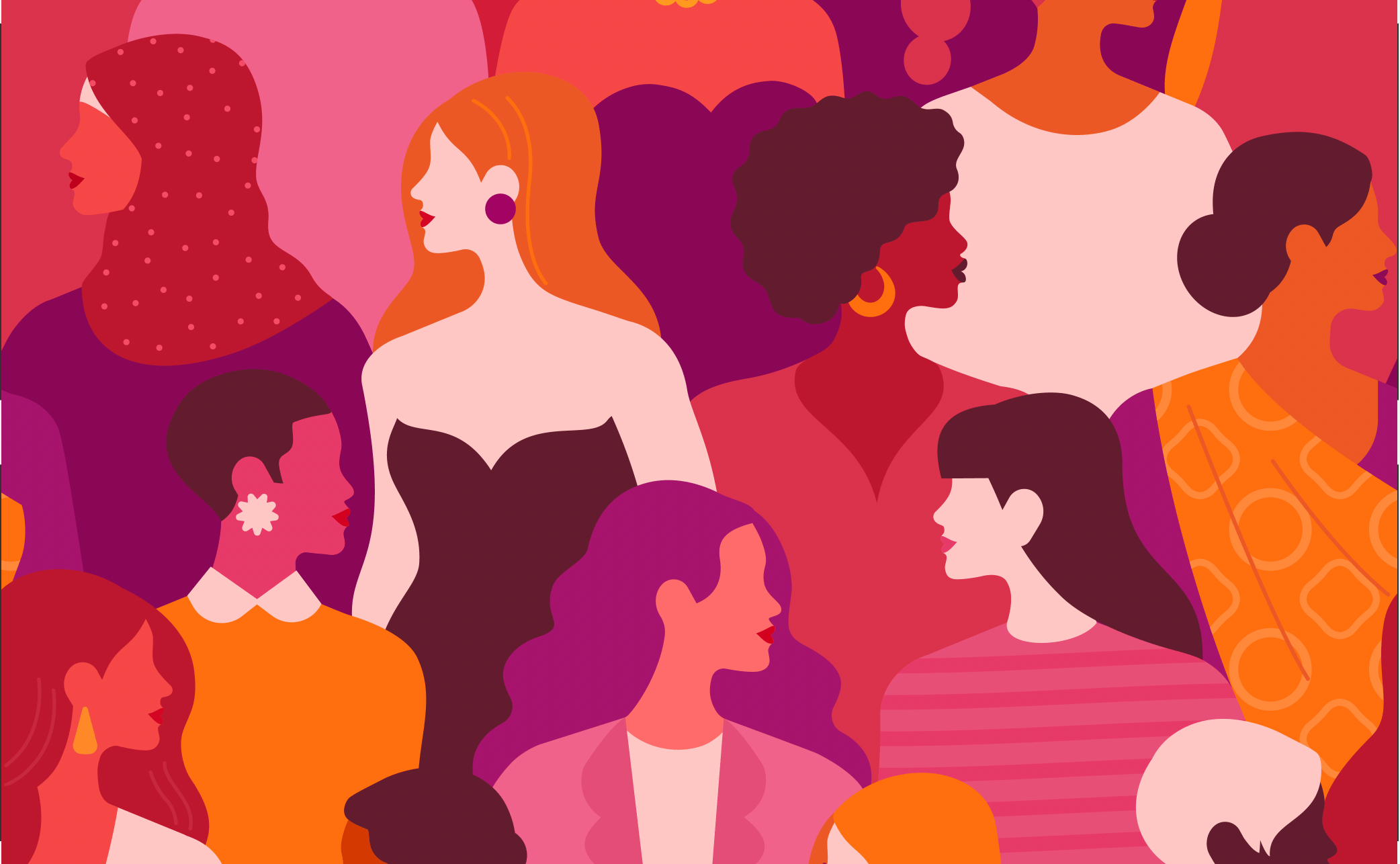Women. Leading the way for other women in the events industry.
The 70% is a weekly series celebrating the women shaping the events industry. From rising stars to seasoned leaders, each profile shines a light on the career journeys, challenges, and perspectives of women working across all corners of the sector.
In our 13th edition, we speak to business development manager at IET London: Savoy Place, Jess Mooney.

How many years have you been in the events industry?
I’ve worked in events since 2019, with the last three of these very happy years at IET London: Savoy Place. My route into the industry was a little unconventional. I actually started by working behind the bar in a pub. It was from there, as I worked my way up to Assistant Manager, that I discovered a love for events. As the pub was close to Twickenham Stadium, it was often a base for corporate hospitality events, something I was excited to get involved in.
There is so much I love about events – the organisation, meeting new people, learning about different industries, and the joy of being creative and watching spaces come to life – but, I must admit, I was nervous at first. It was intimidating being a young woman new to the industry, but I’ve always worked in teams of older women, and I found having that strong female support and these empowering role models around me really helped to build my confidence and open my eyes to the possibilities in this dynamic and exhilarating industry.
How do you balance professional growth with personal commitments, and do you think the industry is evolving in terms of work-life balance?
I certainly think the industry is evolving in terms of work-life balance, and I’m delighted to see companies now actively promoting self-care and showing greater signs of flexibility and support. To give just one example, you can see how much more seriously the issue is being taken by the industry in the fact I went to a conference recently which was solely focussed on how events are now being structured differently to take better consideration of people’s commitments outside of work. I can see this reflected in my day-to-day role too; I have complete flexibility over my rota (including a weekly work-from-home day) which not only enables me to better plan for and navigate my personal commitments, it also builds my confidence professionally as I know my boss trusts me to have a handle on what needs doing, by when, and to get it done.
I’ve also always been a fan of schedules, planners and to-do lists (who doesn’t love a stationary shop?), and I’d like to highlight how important it is to proactively make time for rest and learn to say no when work and life starts to become that little bit more unbalanced.
How do you see the events industry evolving in terms of diversity, equity, and inclusion?
I’ve attended many industry events over the last year that have included panel sessions, workshops and keynote speakers focussing on DEI topics, and this is so inspiring to see; it’s imperative we continue to learn, explore and have these conversations if we are to make progress in this area.
Accessible event design is also evolving massively with events utilising language interpreters, subtitles and British Sign Language, to name just a few, to bring positive change to the way events operate. For example, I recently attended an event where a speaker shared a neurodiversity-friendly event planning toolkit, showing that, although we may not be all the way there yet, the industry is on a journey and committed to engaging with DEI as part of a thriving events industry of the future.
What advice would you give to young women looking to enter and succeed in the events industry?
I think, as a young woman, it’s so empowering to remember that there is a huge network of female support out there for you of all different ages and backgrounds. Indeed, as this series highlights, women make up 70% of the industry! This is what the events sector is – a huge network of support. So, as one woman to another, never forget that there are always other women out there wanting to encourage, help and make a difference, and who are rooting for you to do well.
How do you handle setbacks and failures?
For me, it’s always about turning it around into an opportunity to learn. For example, pinpointing where things went wrong, mapping out what could have been done differently, and asking for advice from peers. It’s hugely important to remember that it’s not always about you as an individual; looking at a situation as a group can be so beneficial in analysing trigger points and building a strategy to prevent things from happening again in the future. It’s so easy to feel like an island when things go wrong and, particularly as women, to internalise blame, but nobody’s perfect and nobody gets it right first time, every time. It’s practise that makes perfect, and that means owning your setbacks and failures, utilising them as a chance to grow, and empowering yourself to progress even further next time.
What changes do you think are still needed to create more opportunities for women in leadership?
While we’re certainly not all the way there yet, I believe things are moving in the right direction for women. However, there needs to be more education on unconscious bias, something I feel should be provided universally across the industry. In line with this, it’s critical women have equal access to professional training and development opportunities; it’s not okay that we make up 70% of this industry and yet are underrepresented in leadership positions. Women have so much to offer, and I can’t wait to see what could be possible for the industry if the unique talents, experiences and perspectives of women are embraced in senior leadership roles.















